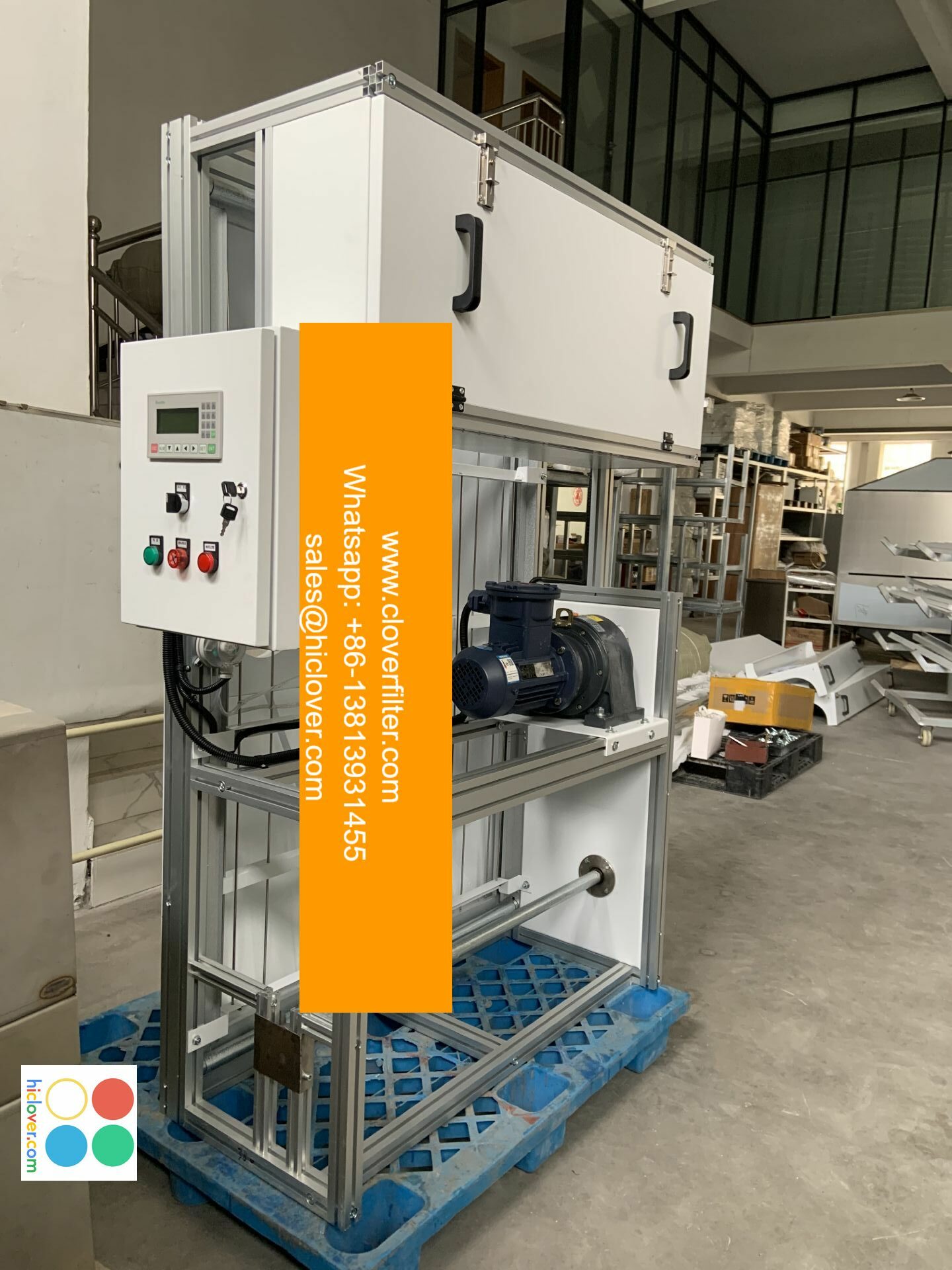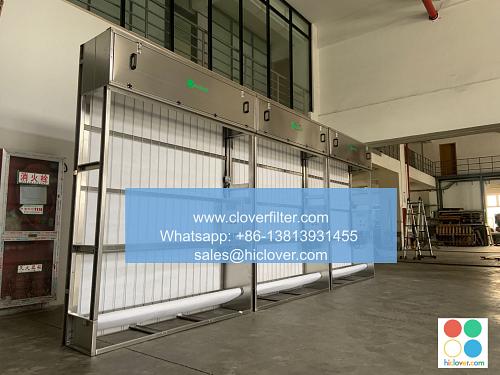The Impact of Air Filter Logistics on Energy Efficiency

Air filter logistics play a crucial role in maintaining energy efficiency in various application areas, including heating, ventilation, and air conditioning (HVAC) systems, industrial processes, and cleanroom environments. The efficient management of air filters can significantly reduce energy consumption, lower operating costs, and minimize environmental impact.
Energy Efficiency in HVAC Systems
In HVAC systems, air filters are responsible for removing airborne contaminants, such as dust, pollen, and other pollutants. Clogged or dirty air filters can lead to increased energy consumption, as the system works harder to push air through the filter. This can result in higher energy bills and reduced energy efficiency. Regular maintenance and replacement of air filters can help maintain optimal airflow rates and pressure drops, reducing the energy required to operate the system.
Industrial Process Energy Efficiency
In industrial processes, air filters are used to remove contaminants and pollutants from the air, ensuring a clean and safe working environment. The use of high-efficiency air filters can help reduce energy consumption by minimizing the energy required to operate industrial vacuum systems and dust collection systems. Additionally, the use of air filter management systems can help track and optimize air filter performance, reducing waste and minimizing the environmental impact of industrial processes.
Cleanroom Environments and Energy Efficiency
In cleanroom environments, air filters play a critical role in maintaining a controlled environment with minimal airborne contaminants. The use of high-efficiency particulate air (HEPA) filters and ultra-low penetration air (ULPA) filters can help reduce energy consumption by minimizing the energy required to operate cleanroom ventilation systems. Regular maintenance and replacement of air filters can also help maintain optimal airflow rates and pressure drops, reducing the energy required to operate the system.
Logistics and Supply Chain Management
Effective logistics and supply chain management are critical to ensuring the timely delivery and replacement of air filters. This can help minimize downtime and reduce the risk of equipment damage due to clogged or dirty air filters. The use of air filter tracking systems and inventory management software can help optimize air filter logistics, reducing waste and minimizing the environmental impact of air filter replacement.
Conclusion
In conclusion, air filter logistics play a vital role in maintaining energy efficiency in various application areas, including HVAC systems, industrial processes, and cleanroom environments. The efficient management of air filters can significantly reduce energy consumption, lower operating costs, and minimize environmental impact. By implementing effective logistics and supply chain management strategies, organizations can ensure the timely delivery and replacement of air filters, minimizing downtime and reducing the risk of equipment damage. By prioritizing energy efficiency and sustainability, organizations can reduce their environmental footprint while also reducing operating costs and improving bottom-line performance. Prompt

